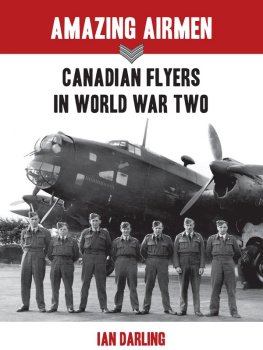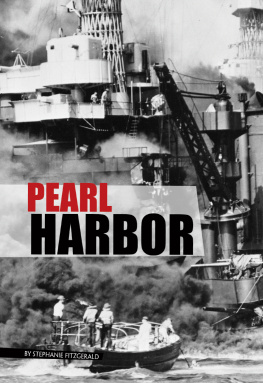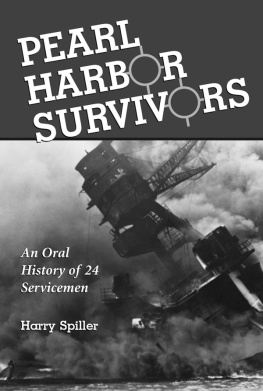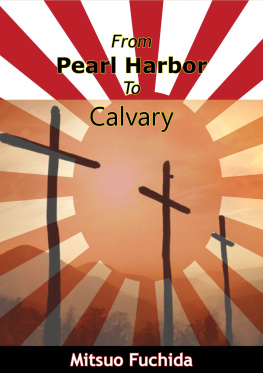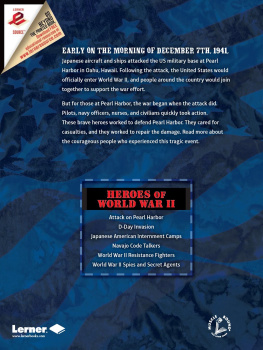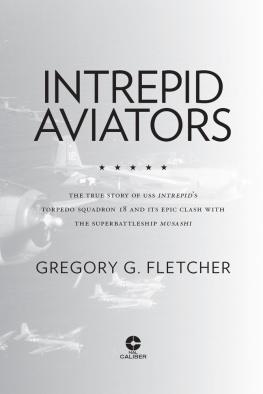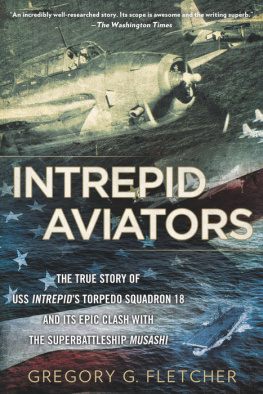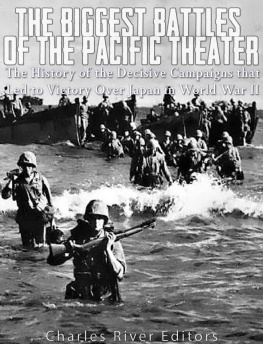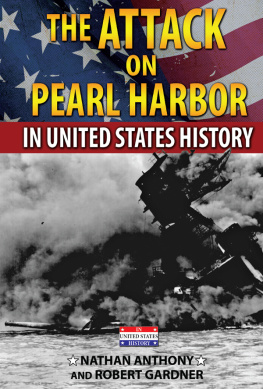ACKNOWLEDGMENTS
MY NAME APPEARS ON THE JACKET OF THIS BOOK, BUT, FOR A collection of stories such as these, that gives a distorted impression of the way Heroes in the Skies evolved. These stories arent really mine; they belong to the men and women who survived these harrowing ordeals. I have tried below to thank everyone who assisted me as I researched and wrote this book, so I offer a sincere apology to anyone I have overlooked inadvertently.
Several people, including members of my family, helped with many stories. My wife, Jane Ann McLachlan, and two of my daughters, Amanda and Caroline, read drafts of numerous chapters and offered their advice. My daughter Tamara and her husband, Steve Amirault, looked after backup copies of significant notes I took while researching the veterans ordeals.
Rob Wilson, a former colleague at the Waterloo Region Record, read many stories and offered comments based on his deep knowledge of World War II.
After I decided to write about American veterans, Marilyn Walton, author, researcher, and organizer of Stalag Luft III reunions, was one of the first people I contacted. I am particularly grateful that she invited me to a joint reunion in Detroit in 2010 of members of the Eighth Air Force and prisoners of war held at Stalag Luft III. I met several veterans through that reunion whom I later interviewed.
Holly Shelton of Pensacola, Florida, helped me contact three veterans after she saw a story I wrote in the Pensacola News Journal.
Dr. Dave Waldbillig, a neighbor and emergency-room physician in Kitchener, Ontario, helped me understand the medical problems that several veterans faced.
Manfred Kremer, as well as John and Anne Kroisenbrunner, assisted by translating some German phrases.
I thank Clifton Truman Daniel for writing the foreword. I contacted him after learning that he went to Hiroshima to promote the reconciliation process between America and Japan. His interest in this subject prompted him to write about the survivors of the atomic bombs dropped on Japan.
I also thank James Jayo, the editor at Sterling Publishing who looked after Heroes in the Skies. I very much appreciate the interest he took in my book, as well as his wise and helpful advice.
AFTERWORD
FROM WAR TO PEACE
IN THE FIRST CHAPTER OF THIS BOOK, SHOCKWAVES, JIM LANDIS TOOK a bullet through his left hand and then climbed into a plane to fire back at the Japanese aircraft attacking Pearl Harbor. He personified Americas indomitable spirit on December 7, 1941. There was simply no question that he, like the nation, would fight back.
Military historians may forever debate the details of the attack, but there is no debate about its consequences. America was a nation divided on December 6, 1941, but the isolationist movement, which had been lobbying fiercely to keep America out of the war, all but dissolved before the fires in Hawaii were extinguished. On December 8, practically everyone put aside their differences and did what was necessary to win the war against the Axis powers.
President Roosevelt was right. December 7 continues to live in infamy. Each year, even decades later, it reminds us that we live in a fragile world and to appreciate the sacrifices made by the veterans of World War II as well as those who served in other conflicts since. The world remains an imperfect place, but we all can agree that it would have become immeasurably worse if the Allies hadnt defeated Nazi Germany, Imperial Japan, and Fascist Italy.
Winston Churchill, Britains wartime prime minister, understood the significance of America joining the Allies. As he revealed in The Second World War: The Grand Alliance, he came to an immediate conclusion: So we had won after all! Tragically and fatally, though, German and Japanese leaders lacked Churchills foresight. They underestimated the determination of America and its allies. That shortsightedness ultimately cost the lives of millions of men, women, and children on both sides.
Tom Lanea Canadian pilot whose wartime ordeal appears in Amazing Airmen, my collection of stories about Canadian flierssaw the American determination to win the war. When he talked to American airmen in Britain, he understood what Churchill thought on December 7, 1941. Lane, the pilot who flew with one of my uncles, saw their vitality, energy, concentration, and intensity. They werent going to lose this one, he said, and I saw these traits in every American veteran I interviewed.
THE DEVELOPMENT OF THE ATOMIC BOMB REMAINED A WELL-GUARDED military secret until August 6, 1945, the day the Enola Gay flew from Tinian Island to drop Little Boy on Hiroshima. Before that flight, Tom Taterka, a B-29 radio operator and navigator based on the island, talked to Colonel Paul Tibbets, the pilot of the Enola Gay. Tibbets told him that crews such as his were going to end the war, but he didnt say how. Taterka did notice, though, that the bomb bay doors on Tibbetss plane were different from those on other B-29s. They were bigger.
Taterka first heard about Hiroshima while flying back to Tinian from a bombing mission over Japan. He learned that a special bomb had been dropped on the city. At first, he didnt realize how different the bomb had been. A few days later, he and his crew were flying near Nagasaki after Major Charles Sweeney, captain of the Bockscar B-29, had dropped Fat Man on the seaport. A cloud rose up from the city. It was big, Taterka said, hoping that the bombs would force the Japanese government to surrender.
It did, and the war against Japan came to a swift end. President Truman regretted the massive loss of life, but he had decided to use those powerful weapons to end the war as quickly as he could. He knew that an invasion of Japan would cost the lives of thousands more American soldiers.
The atomic bombs remain a controversial subject in Japan. Many Japanese want the American government to apologize for using them, which it hasnt done. President Trumans grandson Clifton Truman Danielwho went to Japan in 2012 to help the postwar reconciliation processstarted thinking of going there after his son brought home a book about a girl in Hiroshima who died from cancer caused by radiation produced by the atomic bomb. As he pointed out in the foreword, whether you count the decision as right or wrong, his grandfather made it to save the lives of Americans such as those whose stories appear in this book. All the veterans interviewed for this book looked back with pride at what they and their comrades accomplished. Their sacrifices and others achieved a greater goal: Never again has Germany or Japan threatened America or its allies. The veterans didnt help win the war; they helped win the peace. Indeed, many often expressed pleasant surprise at the speed with which Germany and Japan became democratic countries.
After World War I, the harsh terms imposed on Germany by the Treaty of Versailles demonstrated that severe punishment could have severe consequences. The Allied decision not to punish the people of the Axis countries undoubtedly helped create a more peaceful world. Among other programs and initiatives, the Marshall Plan, which helped European countries rebuild their economies, symbolized that postwar goodwill.
As the stories in this book illustrate, the veterans of World War II have left us a legacy that we must never forget. They stayed calm during times of crisis, they thought of their comrades before they thought of themselves, and they remained modest about their accomplishments. By remembering and celebrating these ideals, we not only honor these veterans, we better prepare ourselves to meet the challenges ahead.


